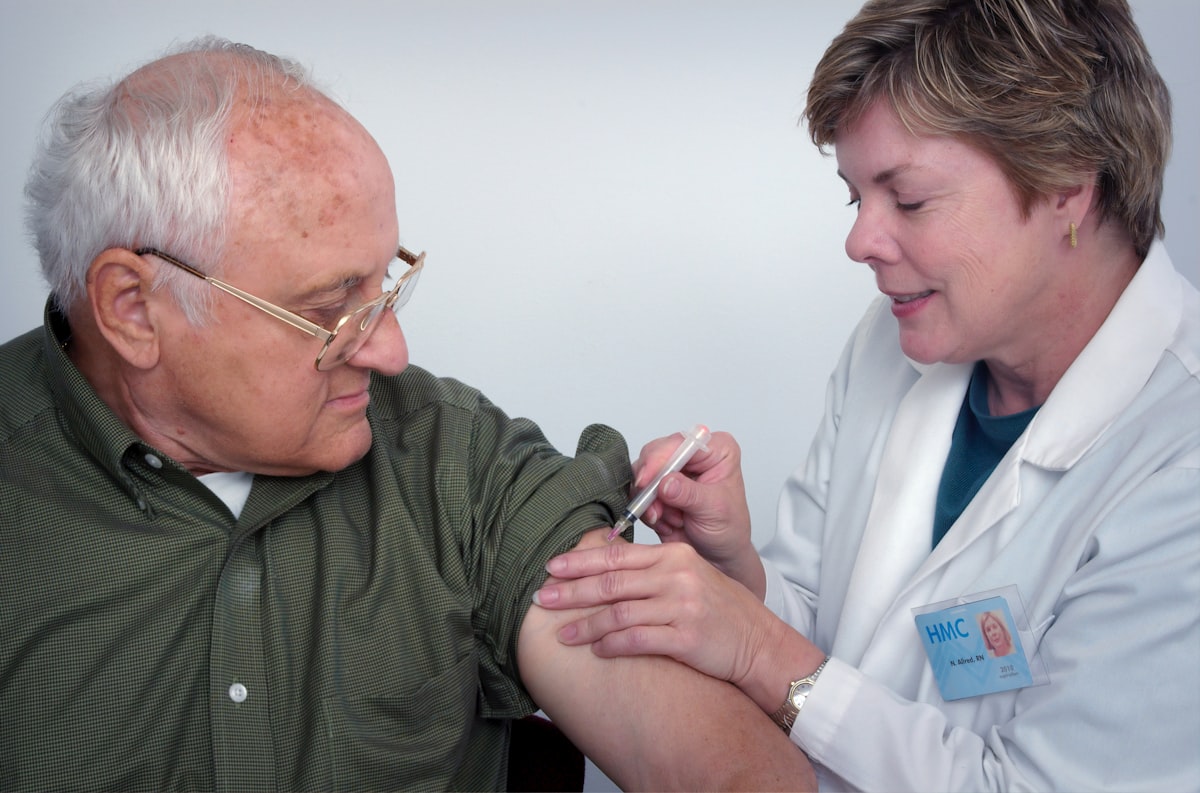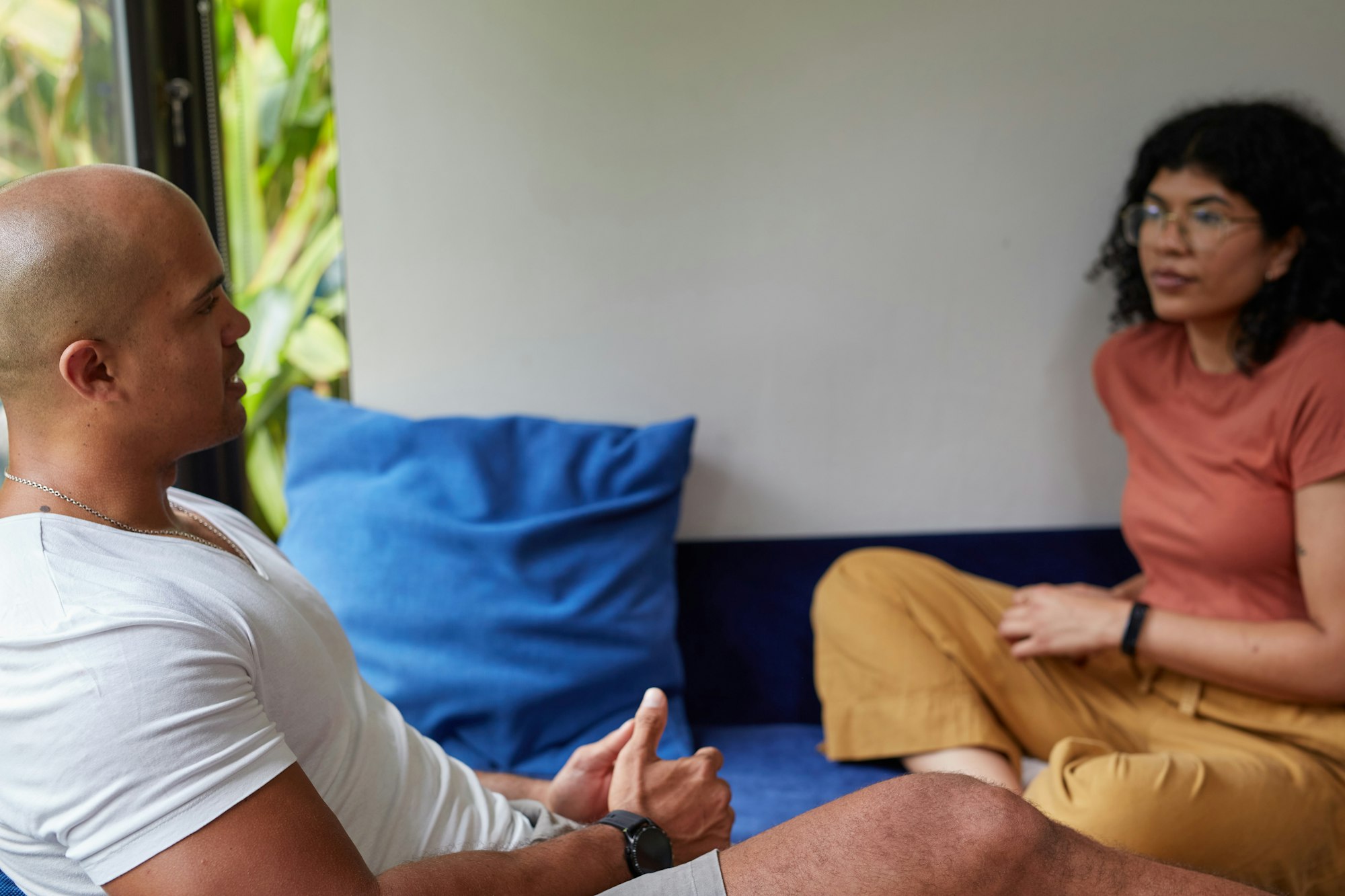Family Dynamics and Caregiving: Getting Dad to the Doctors
A personal account of the challenges and rewards of caregiving for a loved one with dementia. From navigating family dynamics and recognizing the need for medical attention, to building trust and providing support.

Family dynamics and the role of a caregiver are deeply intertwined aspects of life that I'd like to share from my personal journal.
A Visit to Dad's Doctor
During a phone call with my husband, my mother-in-law inquired if I had been in touch with his dad's doctor. Technically, I hadn't; my conversation was with the Nurse Practitioner during our visit a couple of weeks ago.
My husband replied that I hadn't. He was under the impression that I had only spoken to the Nurse Practitioner during the last visit. Why was she asking now?
Well, the doctor's office staff had called last week, informing them of FIL's upcoming appointment with the doctor on the following Monday. My mother-in-law was curious about this unexpected development.
My clever husband responded, "Well, I guess maybe they noticed something during his last visit that raised concerns, prompting them to schedule another checkup." It was as if I had coached him myself; his response was perfect.
Sometimes, you must take an indirect route, and it can feel like you're going behind someone's back. But there are moments when you simply have to grit your teeth and do what's necessary. Despite knowing this, it remained challenging for my husband.
Recognizing that a parent requires a neurological assessment is one thing, admitting it is another, and taking action requires courage. It means confronting your own fears about mortality, for your parents and for yourself.
A Postscript
On November 15, 2012, while Doug took his dad for a haircut, I had a chance to speak with my mother-in-law. I told her about the letter and my yearning to have FIL assessed over the past year. She was somewhat surprised but ultimately grateful that I had taken this initiative, as it had become evident to her that something was amiss. She entrusted all their medical care to me.
The Doctor's Appointment
Today, my father-in-law's doctor recommended that he visit a neurologist for a mental assessment regarding dementia.
This resilient, quiet, and kind-hearted man has been my father-in-law for over 40 years. It's heart-wrenching to witness his obvious decline, struggling to comprehend simple things and remember conversations from just moments ago.
However, the situation is even harder on my husband. This is his father, his rock, who has always been there, steadfast and strong. Now, he is bewildered, uncertain, and scared. On some level, my husband knows that his father is losing a part of himself to some form of dementia, and it terrifies him. It's agonizing to witness.
Sometimes, I contemplate the years ahead, dealing with in-laws growing frail and increasingly dependent, along with the growing burden of caregiving and the constant driving.
I think, "Hey, I've already done my share! I took care of my mother for all those years, and my dad before that, even my uncles. I've earned the right to step back now!" But then, I recognize the immense trust my husband's parents have placed in me to do what's best for them. I see how much it pains my husband to witness their growing need for assistance. And I know that I will do everything in my power to help.
FIL's Trust
Yesterday, I took FIL to his primary care doctor due to ongoing weight loss and reduced appetite. He frequently complains of stomach pain and has become unsteady on his feet. My husband decided to accompany us since he had never met Dr. L and wanted to do so.
A side note: While the nurse conducted the usual procedures, including vital sign checks, medication reviews, and medical history, I had the opportunity to double-check the medication list with both the nurse and FIL. This was something I hadn't done in a while, and it's crucial to keep it current.
I'm glad my husband met his dad's doctor and likes Dr. L. However, I've suggested to him that he not accompany us in the future when I take his dad to the doctor. His father instinctively puts on a brave face, especially in front of his wife and son. He tries to protect them, avoiding displaying any weakness in their presence. MIL and my husband eventually agreed with me on this matter.
For me, once we're in the doctor's office, FIL regards me not just as a family member but also as another nurse, sitting in the corner, taking notes. He doesn't feel the need to maintain a brave front with me, and he doesn't try.
It's a peculiar feeling—honored by the trust and confidence he shows me, humbled by it. Knowing that someone trusts you so implicitly that they can be their true selves, without any pretenses or bravado, is an incredible gift. At times, it's challenging to live up to, but I always strive to do so.
I love to bake, and FIL still has a sweet tooth. So, I bake treats for him. Yesterday, it was sour-cream coffee cake, generously loaded with pecan filling and topping. While the cake was baking, I searched my closet for an old cane.
This cane has been around since the '70s when the bottom of my blind grandmother's elegant but slender black walnut cane broke. My dad bought her a sturdier, thicker cane with a rubber tip, which she disliked. Later, my dad used that cane during his battle with cancer. My mother used it as she grew older and didn't want to use a walker.
Now, I have it again, for FIL to use. I anticipated some resistance, but he was actually pleased to have it and used it throughout the day. Between the cane and the pecan-filled coffee cake, he was in relatively good spirits, despite the medical appointment.
And that made it a good day.
Our Resource section can help you find the information and tools that you need. We have courses, videos, checklists, guidebooks, cheat sheets, how-to guides and more.
You can get started by clicking on the link below. We know that taking care of a loved one is hard work, but with our help you can get the support that you need.
Click here to go to Resource Section now!
All of our guides, downloads, worksheets, Premium courses
Click Subscribe To Get Started.
Caregiver Relief: A Stress Management Guide
You might also like this article:







